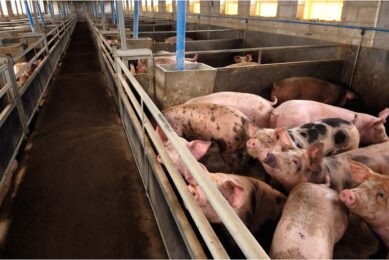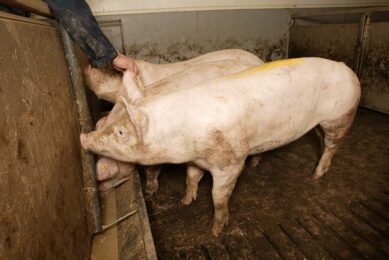NPPC urges US to comply with WTO rules

In comments filed, the National Pork Producers Council expressed concern that Canada and Mexico could retaliate against the United States because proposed regulations by the US Department of Agriculture may not make a meat labeling law compliant with US international trade obligations.
The World Trade Organization (WTO) last year ruled that the U.S. Country of Origin Labeling (COOL) law violates US trade obligations under the WTO Agreement on Technical Barriers to Trade. Canada and Mexico brought cases on COOL to the WTO in 2011.
The international trade body gave the United States until May 23, 2013, to make its meat labeling law compliant with WTO rules. In the wake of the WTO decision, USDA issued proposed regulations changing the labeling law.
In discussing the proposed regulations, Canadian officials this week threatened retaliation against U.S. products because they maintain the regulations won’t make COOL comply with WTO rules.
“The United States must avoid retaliation from Canada and Mexico,” said NPPC President Randy Spronk, a pork producer from Edgerton, Minn. “The United States should make sure our meat labeling law complies with our international trade obligations. Retaliatory tariffs on pork by Canada or Mexico would be financially devastating to US pork producers.”
NPPC supports an approach to labeling that provides important information to consumers, complies with U.S. international trade obligations and does not undermine U.S. meat supply chains and unnecessarily raise costs. Specifically, NPPC supports an approach that will treat as “US origin” hogs, pork and other meat products that have value added at federally inspected facilities. The requirement that producers gather and maintain information on where livestock was born and raised should be eliminated.
At a minimum, said NPPC in its comments – the deadline for which was today – if USDA moves forward with the proposed regulations, it should establish an effective date that is 180 days after the latter of issuance of final regulations, or of a determination by the WTO that the final regulations are consistent with U.S. international trade obligations.
Join 18,000+ subscribers
Subscribe to our newsletter to stay updated about all the need-to-know content in the pigsector, three times a week. Beheer
Beheer










 WP Admin
WP Admin  Bewerk bericht
Bewerk bericht